Joloda Hydroll are experts in material handling for loading and unloading processes. Today, it announces the findings from its latest research, which explores the role of sustainability across materials handling and logistics industries
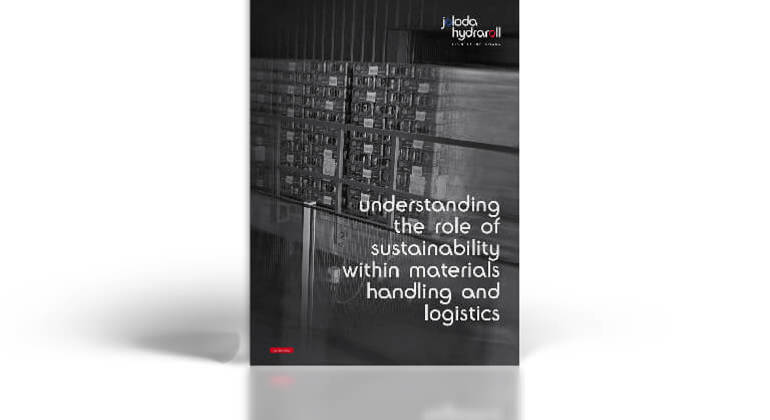
DOWNLOAD NOW
get your FREE copy now...
To find the full research by Joloda Hydraroll and learn about the sustainability issues across the logistics and material handling industry, please download our Understanding the Role of Sustainability within Materials Handling and Logistics white paper.
why was the research was conducted...
With the logistics industry facing a wide variety of problems, from soaring inflation, rising fuel bills and material costs, distribution to the supply chain and increasing labour shortages, Joloda Hydraroll commissioned a research company in January 2022 to learn about the real environmental and sustainability issues.
With the industry wrestling with soaring inflation, fast-rising power and raw materials costs, global supply chain disruption and a devastating labour shortage, Joloda Hydraroll commissioned SAPIO Research in January 2022 to explore the environmental and sustainability-related pressures that organisations with warehouses, fulfilment or distribution centres face now, and expect to experience in the future.
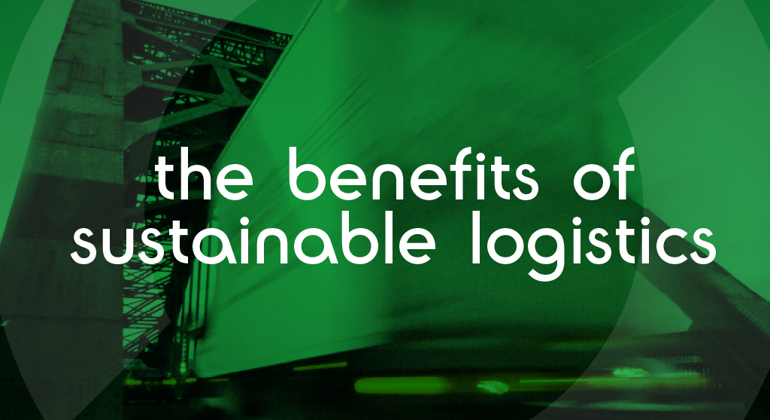
Sustainable Logistics
the benefits of sustainable logistics
Automated loading systems can significantly reduce the amount of Co2 your business generates. By automating and streamlining your business's logistics operations with the use of our automated loading systems, we can help you to reduce your own emissions and operate in an eco-friendlier way.
Our automated loading solutions, which are handy when you're dealing with lots of pallets, lighten the load by removing the need for forklift trucks. At the same time, they lower your emissions by eliminating this need; and, depending on how you power your forklift trucks, this reduces your own fuel consumption (and costs). Automation also reduces product damage, which translates into less waste. Learn more about The Benefits of Sustainable Logistics, here.
Learn More
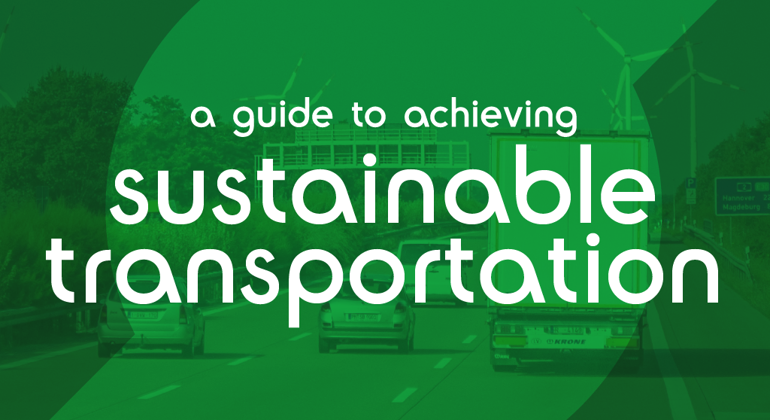
a guide to achieving sustainable transportation
Transport carries multiple opportunities to exert a less harmful impact on the environment. In a world in which consumers are becoming more climate-conscious, anything the transportation world can do to protect the planet as human beings or businesses go about their activities is welcome.
Below is a look at the issue of sustainable transportation, how we can make transport more sustainable, the impact of sustainable transportation on the economy and on society, at some of the possible solutions and at the advantages sustainable transport can offer to reduce outdoor air pollution.
Learn how different logistics solutions can help operators to conduct some of their processes in a more sustainable way, be more energy-efficient and slow down the impact of global warming...
Learn More
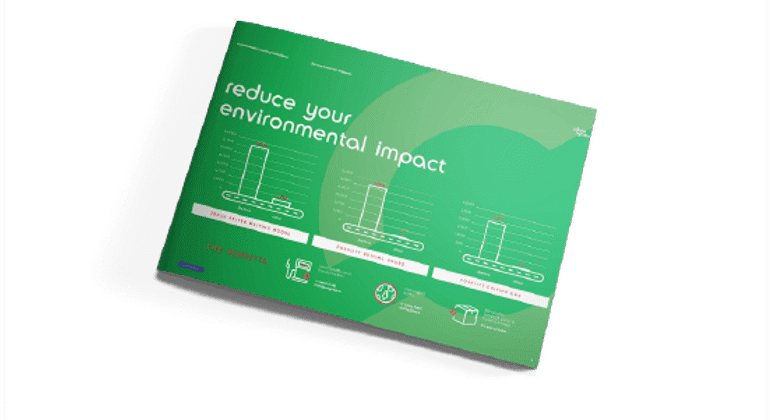
DOWNLOAD OUR BROCHURE
learn how to improve your business's sustainability
We’ve put together a typical case example of how an automated loading system can significantly reduce your environmental impact and will explain the benefits and how an ROI can be achieved.
Download
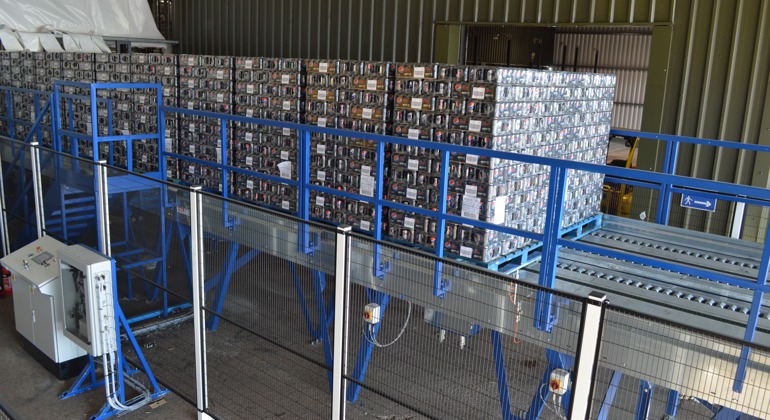
automate your loading processes
automated loading systems
Automated loading systems are built to speed up a standard process that happens in every production and warehousing location. Typically, the forklift process of loading a full trailer will be around 30-45 minutes. Our automated loading solutions can do it in under 5 minutes.
A complete loading and unloading process entails one or more auto-loading docks and unloading docks, and a dedicated system trailer. Once connected to an existing conveyor infrastructure, or integrated with AGVs, the complete loading procedure can be de-manned – also known as 100% end of line automation.
Learn More
